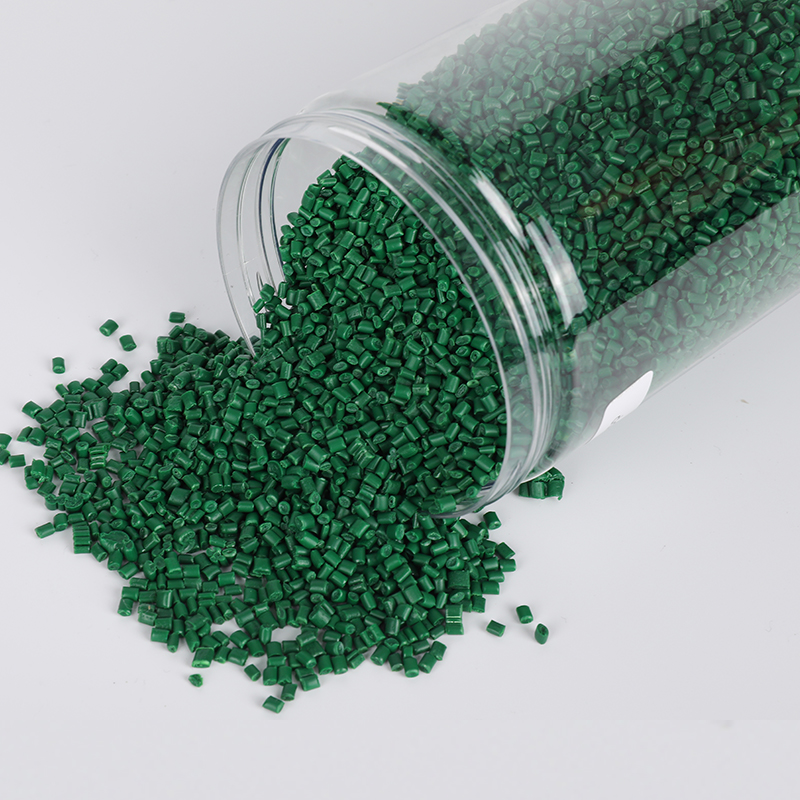Stay up to date with our recent products
Web Menu
Product Search
Exit Menu
Ensuring the Purity of Recycled Polypropylene for Sensitive Use
Recycled polypropylene (RPP) has gained significant traction in industries that prioritize sustainability, offering a cost-effective and eco-friendly alternative to virgin polypropylene. However, when it comes to sensitive applications such as medical devices or food packaging, ensuring the integrity and purity of recycled material becomes a critical concern. After all, these industries demand the highest standards of safety, durability, and consistency. So, how do manufacturers ensure that recycled polypropylene meets these rigorous requirements?
The first step in ensuring the purity of recycled polypropylene is a meticulous sorting and cleaning process. Before the material even reaches the recycling facility, it undergoes an initial screening to eliminate contaminants. These contaminants may include dyes, adhesives, labels, and other materials that could affect the quality of the final product. Once sorted, the polypropylene is thoroughly cleaned to remove any residual chemicals, oils, or other impurities. This step is particularly crucial when the material is destined for food packaging or medical device applications, where even trace amounts of harmful substances could compromise safety. High-tech washing systems and advanced filtration techniques are employed to guarantee that the recycled material is as clean as possible.
After the cleaning process, the polypropylene is melted down and turned into pellets or other usable forms. During this step, the material is subjected to rigorous quality control measures to ensure that its molecular structure remains intact. Heat, while necessary for melting the plastic, can sometimes degrade the polymer, affecting its strength and purity. Therefore, recycling facilities carefully control the temperature and process parameters to prevent degradation. Furthermore, many facilities employ sophisticated technologies, such as extrusion and filtration systems, to remove any remaining impurities or undesired materials that could potentially compromise the quality of the final product.

For applications that demand the highest standards, such as medical devices or food-grade packaging, some manufacturers take the additional step of testing the recycled polypropylene for specific contaminants. This may include heavy metals, phthalates, or other substances that could be harmful if released into the environment or absorbed by the human body. These tests ensure that the material adheres to stringent industry standards, such as those set by the FDA or European food safety agencies. Furthermore, many manufacturers of recycled polypropylene undergo certifications from third-party organizations to verify that their processes meet or exceed safety and quality requirements.
In addition to the physical purity of the material, the consistency of its properties is also vital. Recycled polypropylene can sometimes exhibit slight variations in its characteristics due to the source of the recycled material or the recycling process itself. To address this, many manufacturers perform rigorous testing to ensure that the material’s strength, flexibility, and thermal resistance meet the required specifications. This ensures that recycled polypropylene can perform as well as virgin material, even in applications where performance is critical, such as in medical packaging or surgical devices.
By combining advanced sorting, cleaning, and processing technologies with stringent testing and quality control measures, manufacturers are able to produce recycled polypropylene that is both pure and reliable. While the recycling process is far from simple, it is these careful steps that ensure the integrity of the material, making it safe for sensitive applications. As the industry continues to evolve, and new innovations in recycling technology emerge, we can expect even more refined processes that will further elevate the purity and performance of recycled polypropylene. This will not only help companies meet their sustainability goals but also ensure that their products are safe, durable, and reliable for consumers.
As China PCR Recycled Plastic Granules Factory, We always adhere to the experience and philosophy of "keeping up with the times, constantly innovating, developing efficiently, and cooperating for mutual benefit"

Address: No.11, Wangzhuang Section, Provincial Road 01, Daqiao New Area, Economic Development Zone, Haiyan County, Jiaxing City, Zhejiang Province, China
Phone: +86-18058285678
Fax: +86-0573-86868101
E-mail: [email protected]
SUNRISE GROUP(Overseas Exclusive Agent)
www.sunrisechemical.com
2024 ICIS Global Chemical Distributor Top 8
Export Sales Manager:Helen Zhang
Mob/Whatsapp: +86 19883063465
Email: [email protected]
Copyright © Jiaxing Anyiju Plastic Industry Co., Ltd. All Rights Reserved

 简体中文
简体中文 English
English







